Sundar Pichai thinks commercially viable quantum computing is just 'a few years' away
The Alphabet exec acknowledged that Google just missed beating OpenAI to model launches but emphasized the firm’s inherent AI capabilities

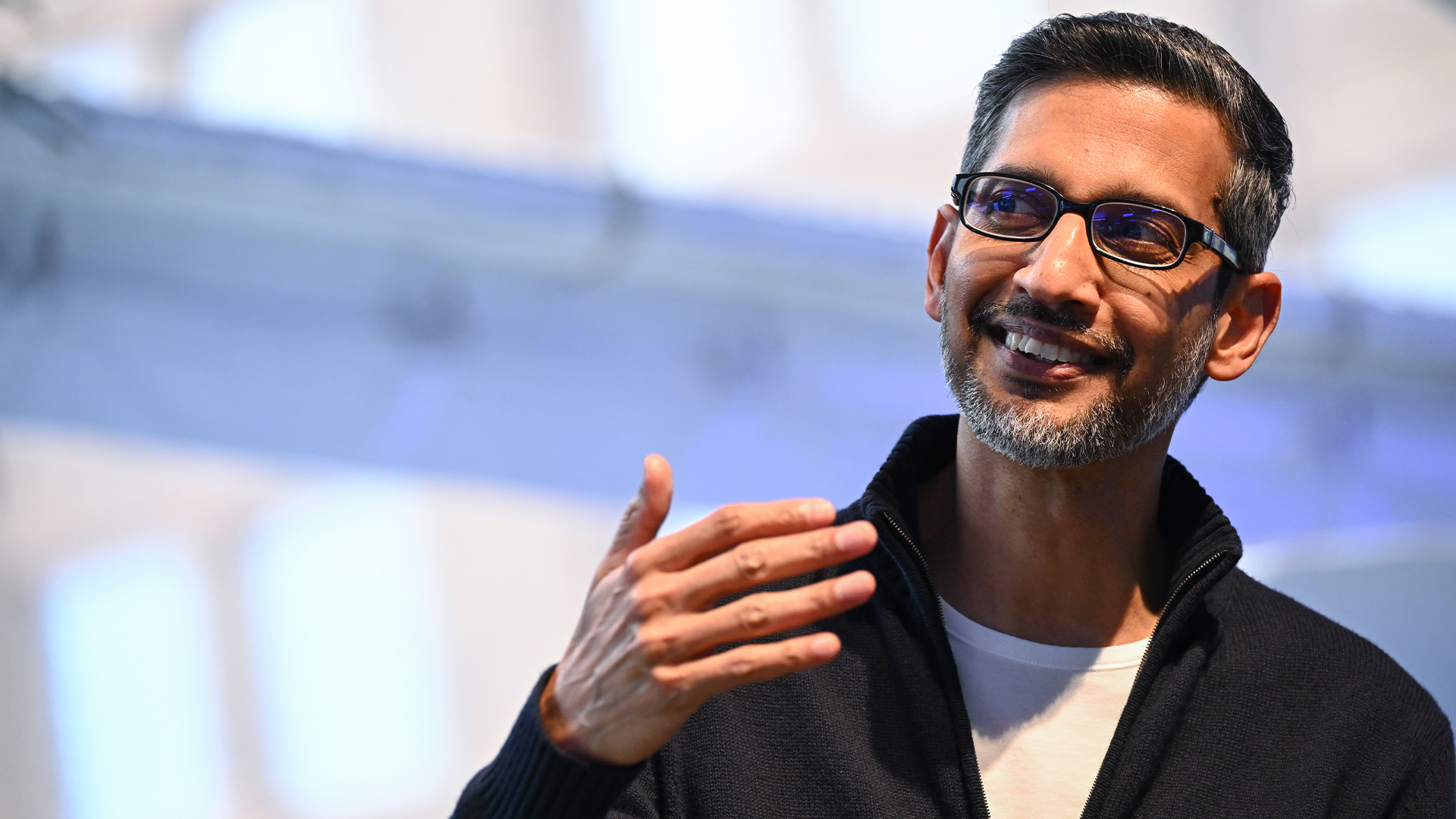
Commercially-viable, scalable quantum computing could be just a few years away according to Sundar Pichai, CEO at Alphabet,
Speaking with Salesforce CEO Marc Benioff during a fireside chat at Dreamforce 2025, Pichai stated he was “bullish” about the potential of quantum computing in the next ten years, suggesting it could be realized even sooner.
In a long conversation on the future of both quantum and AI, Pichai highlighted the achievements of Google DeepMind as well as the Nobel Prize awarded to its CEO Demis Hassabis and director John M. Jumper.
“We believe in that kind of deep, fundamental R&D with a view of translating real problems,” Pichai said.
“That same quantum computing team, no different from our TPU team, plans to have commercially-available, real, at scale quantum computers in a few years. And I think they will get there.”
In 2024, Google announced its proprietary quantum chip Willow had demonstrated usable error reduction for quantum computing, a major step for achieving scalable quantum computing.
Just this week, Google announced that Willow had run a test algorithm 13,000 times faster than the best corresponding classical algorithm, run on a top supercomputer.
Sign up today and you will receive a free copy of our Future Focus 2025 report - the leading guidance on AI, cybersecurity and other IT challenges as per 700+ senior executives
Benioff pointed out that quantum computing could undermine all cryptography, hinting at a need for post-quantum cryptography in the wake of any significant quantum advancements.
“I think in three five years’ time, we will have that moment where from a cryptographic standpoint we have to adapt to quantum, for sure,” Pichai stated, adding that people will need to work together on establishing safeguards.
Google isn’t the only company chasing a quantum leap with its own chip design. In February, Microsoft hailed its Majorana 1 quantum processing unit (QPU) as the first such chip of its kind to support a million qubits at once.
But it’s not all consensus. At the start of the year, Jensen Huang, CEO at Nvidia, poured cold water on quantum optimism with a prediction that “truly useful” quantum computing could be 20 years away, prompting stock plunges at companies such as D-Wave and Rigetti Computing.
Huang later walked back his comments and Nvidia has since committed to further quantum research – though continues with its no-chip quantum chip strategy.
ChatGPT reflections
Elsewhere in the conversation, Pichai reflected on the days immediately after the launch of ChatGPT and how Google responded to claims that it had a major competitor in AI and search for the first time in years.
He pointed out that Google began using transformers in 2017, following the publication of its paper Attention Is All You Need, and had made strides with internal chatbots such as BERT then Language Model for Dialogue Applications (LaMDA) – the latter of which drew headlines after an engineer went public with claims that it was sentient.
When ChatGPT launched, Pichai said, Google had been sitting on its chatbot model over quality concerns but could easily have beaten OpenAI to it.
“I would argue pretty much all of us working on it, we knew in a different world we would have launched our chatbot maybe a few months down the line,” he said.
“We hadn’t quite gotten it to a level where you could put it out and people would be ok with Google putting out that product.”
He also dismissed claims that he had been alarmed or panicked by the launch, with contemporary reports suggesting that Google initiated a state of ‘code red’ and scrambled developers internally to compete with OpenAI.
“For me when ChatGPT launched, contrary to what people outside felt, I was excited because I knew the window had shifted,” he said.
“We had been building this technology for so long, we were so AI-native, everything in the company, every decision we had made. I had decided to take a full-stack approach in AI, we were investing all the way from infrastructure, we built our own chips, to world-class research teams in Google Research, Google Brain, Google DeepMind.”
Make sure to follow ITPro on Google News to keep tabs on all our latest news, analysis, and reviews.
MORE FROM ITPRO
- Google CEO says more than 25% of the company's code is now AI-generated
- Nearly half of enterprises aren't prepared for quantum cybersecurity threats
- Sundar Pichai says DeepSeek has done ‘good work’ showcasing AI model efficiency

Rory Bathgate is Features and Multimedia Editor at ITPro, overseeing all in-depth content and case studies. He can also be found co-hosting the ITPro Podcast with Jane McCallion, swapping a keyboard for a microphone to discuss the latest learnings with thought leaders from across the tech sector.
In his free time, Rory enjoys photography, video editing, and good science fiction. After graduating from the University of Kent with a BA in English and American Literature, Rory undertook an MA in Eighteenth-Century Studies at King’s College London. He joined ITPro in 2022 as a graduate, following four years in student journalism. You can contact Rory at rory.bathgate@futurenet.com or on LinkedIn.
-
 What is Microsoft Maia?
What is Microsoft Maia?Explainer Microsoft's in-house chip is planned to a core aspect of Microsoft Copilot and future Azure AI offerings
-
 If Satya Nadella wants us to take AI seriously, let’s forget about mass adoption and start with a return on investment for those already using it
If Satya Nadella wants us to take AI seriously, let’s forget about mass adoption and start with a return on investment for those already using itOpinion If Satya Nadella wants us to take AI seriously, let's start with ROI for businesses
-
 DeepSeek rocked Silicon Valley in January 2025 – one year on it looks set to shake things up again with a powerful new model release
DeepSeek rocked Silicon Valley in January 2025 – one year on it looks set to shake things up again with a powerful new model releaseAnalysis The Chinese AI company sent Silicon Valley into meltdown last year and it could rock the boat again with an upcoming model
-
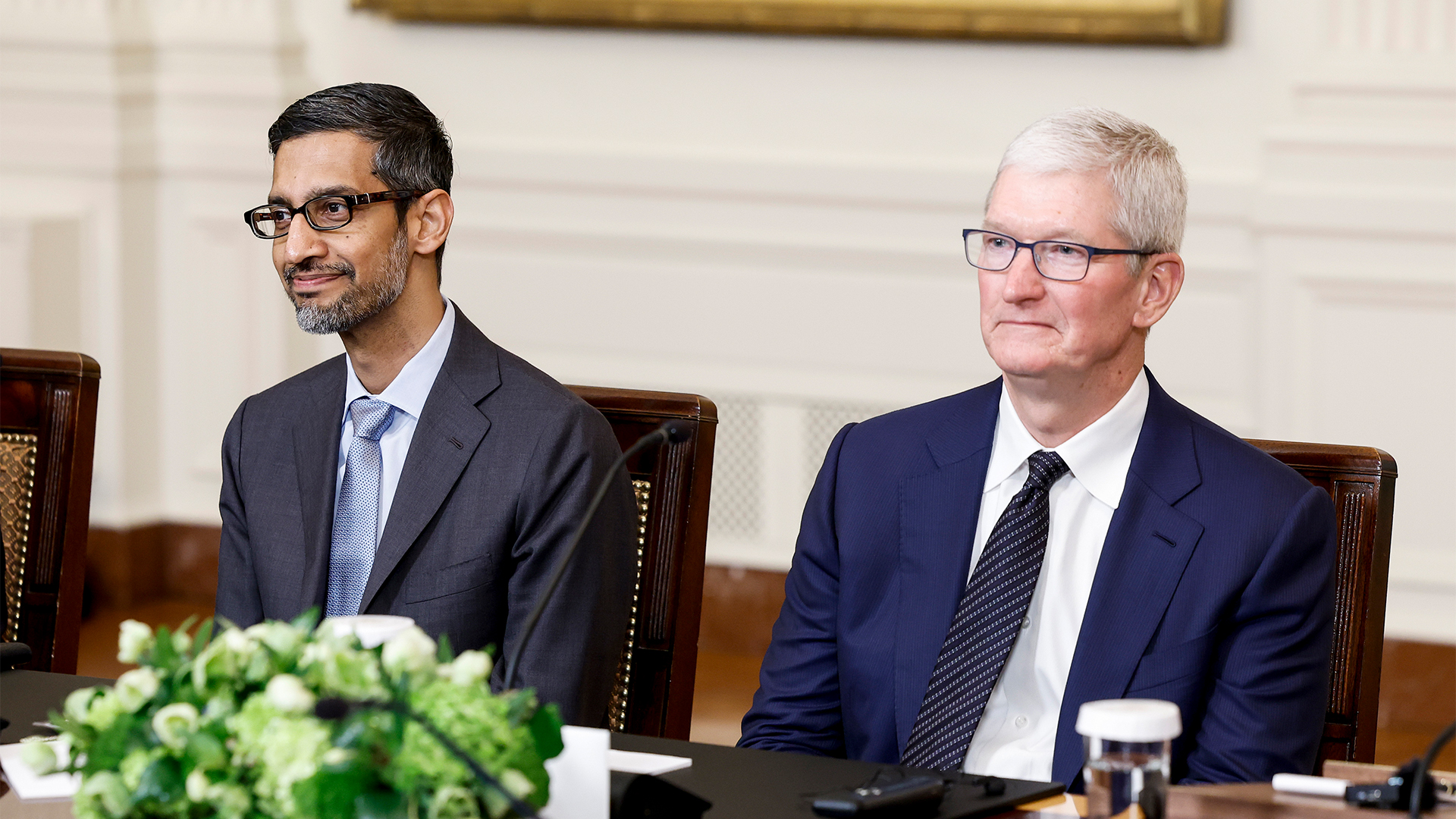 Google’s Apple deal is a major seal of approval for Gemini – and a sure sign it's beginning to pull ahead of OpenAI in the AI race
Google’s Apple deal is a major seal of approval for Gemini – and a sure sign it's beginning to pull ahead of OpenAI in the AI raceAnalysis Apple opting for Google's models to underpin Siri and Apple Intelligence is a major seal of approval for the tech giant's Gemini range – and a sure sign it's pulling ahead in the AI race.
-
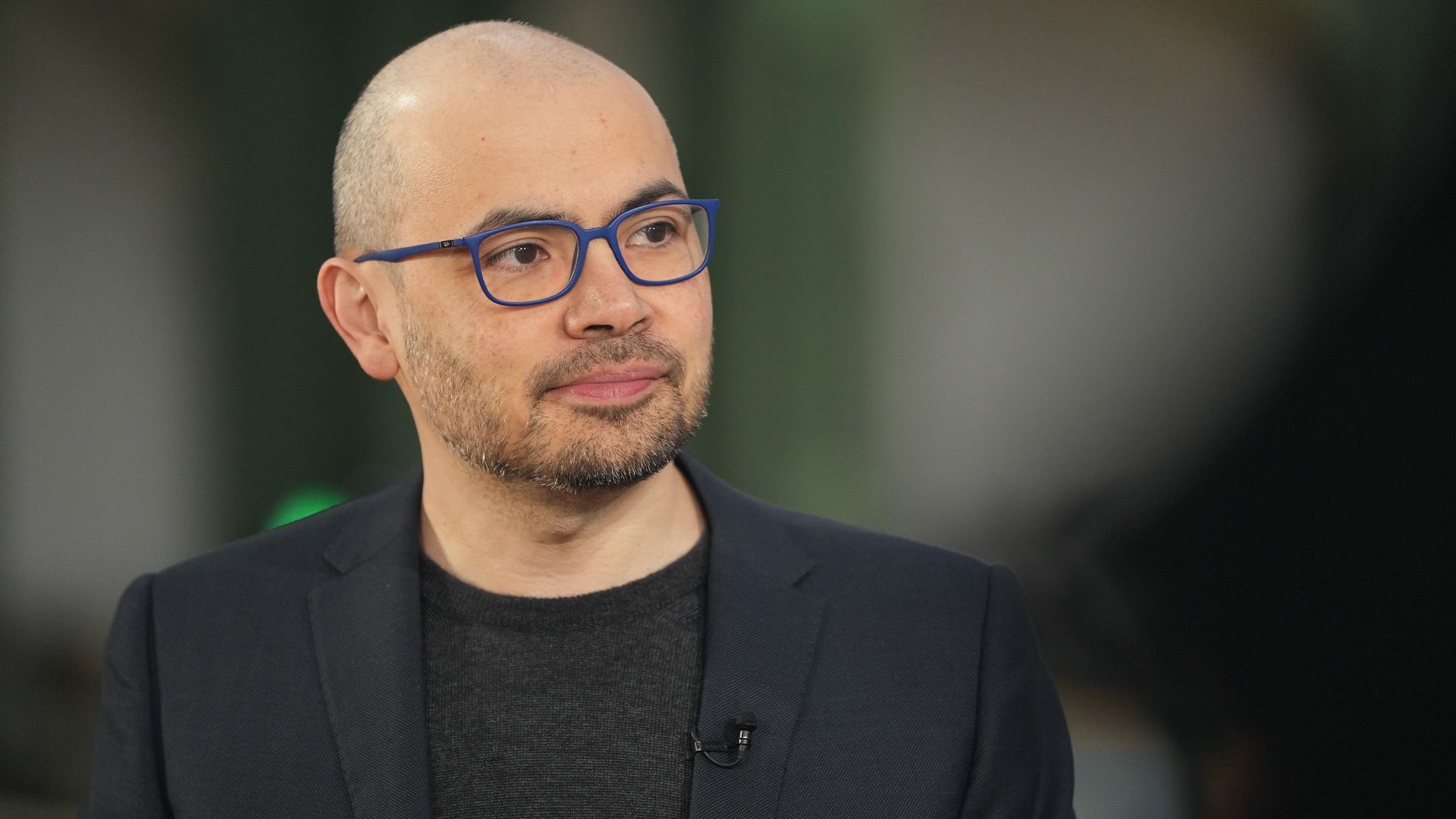 Google DeepMind CEO Demis Hassabis thinks startups are in the midst of an 'AI bubble'
Google DeepMind CEO Demis Hassabis thinks startups are in the midst of an 'AI bubble'News AI startups raising huge rounds fresh out the traps are a cause for concern, according to Hassabis
-
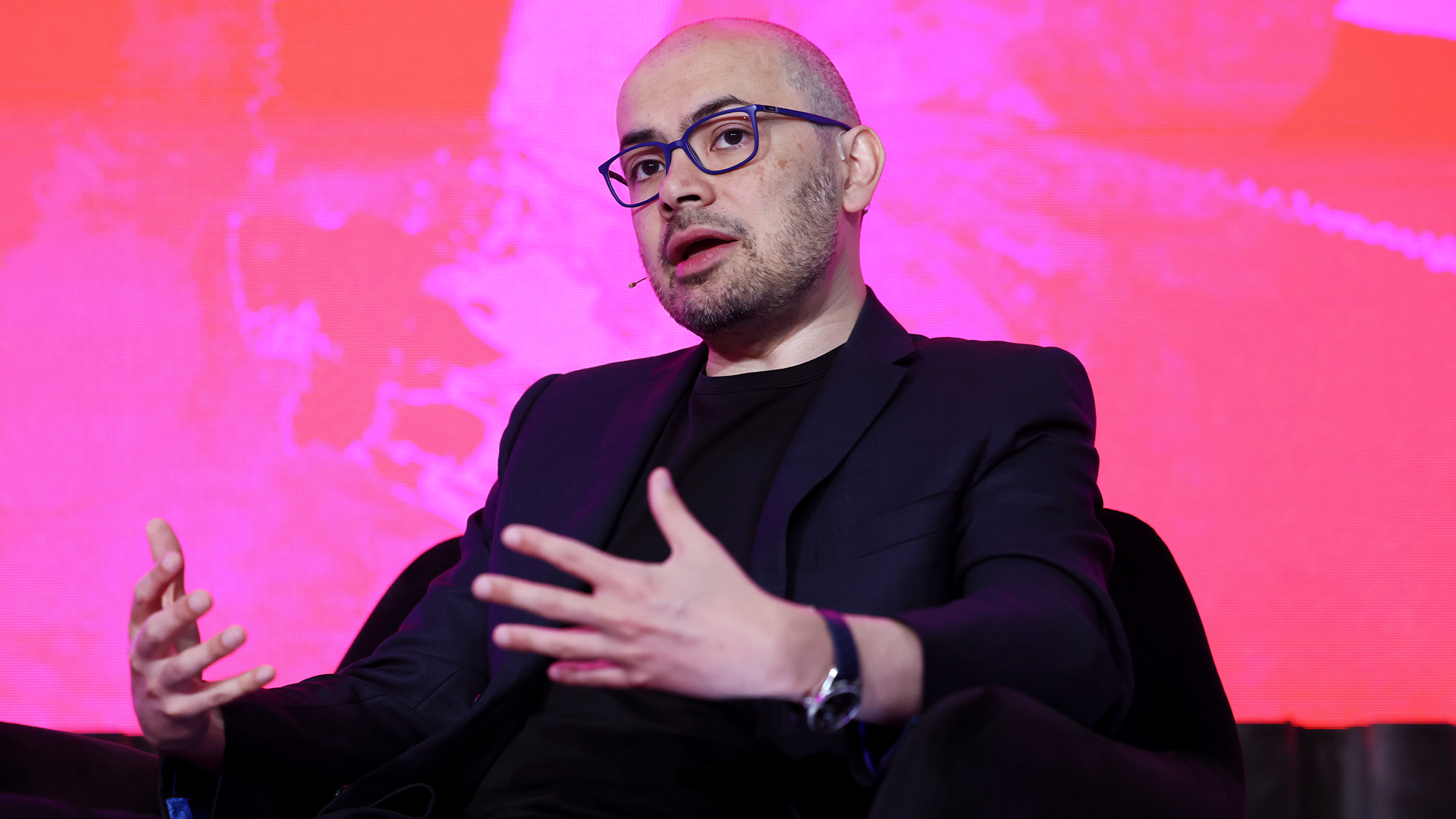 Google DeepMind partners with UK government to boost AI research
Google DeepMind partners with UK government to boost AI researchNews The deal includes the development of a new AI research lab, as well as access to tools to improve government efficiency
-
 Google blows away competition with powerful new Gemini 3 model
Google blows away competition with powerful new Gemini 3 modelNews Gemini 3 is the hyperscaler’s most powerful model yet and state of the art on almost every AI benchmark going
-
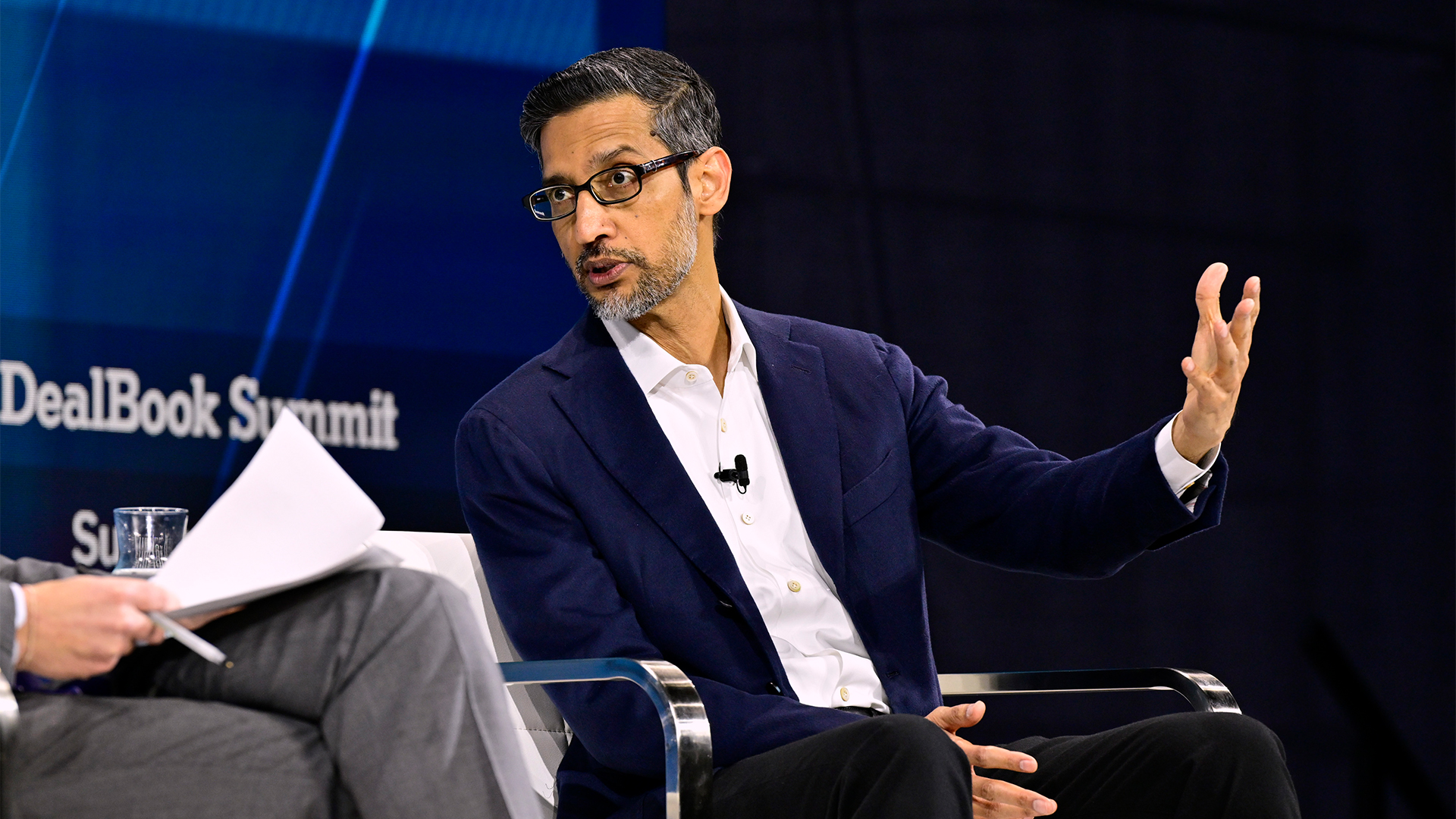 Google CEO Sundar Pichai sounds worried about a looming AI bubble – ‘I think no company is going to be immune, including us’
Google CEO Sundar Pichai sounds worried about a looming AI bubble – ‘I think no company is going to be immune, including us’News Google CEO Sundar Pichai says an AI bubble bursting event would have global ramifications, but insists the company is in a good position to weather any storm.
-
 IBM is targeting 'quantum advantage' in 12 months – and says useful quantum computing is just a few years away
IBM is targeting 'quantum advantage' in 12 months – and says useful quantum computing is just a few years awayNews Leading organizations are already preparing for quantum computing, which could upend our understanding of linear mathematical problems
-
 Some of the most popular open weight AI models show ‘profound susceptibility’ to jailbreak techniques
Some of the most popular open weight AI models show ‘profound susceptibility’ to jailbreak techniquesNews Open weight AI models from Meta, OpenAI, Google, and Mistral all showed serious flaws